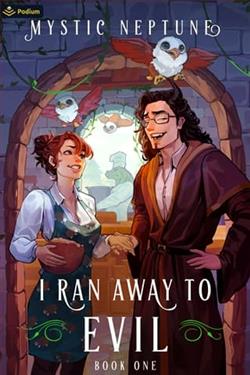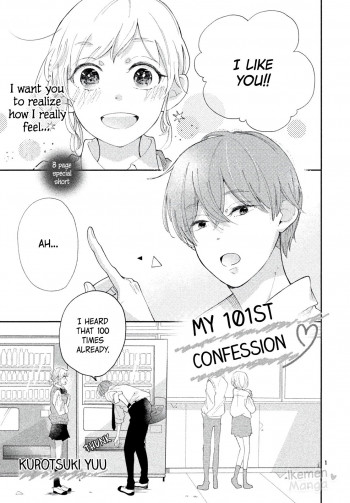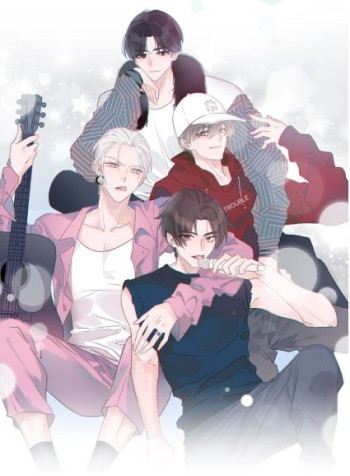Martial Peak Reviews
Mystic Neptune's I Ran Away to Evil is a delightful foray into the burgeoning genre of "cozy romantasy," a blend of romance and fantasy that offers readers a comforting escape from the mundane. This first installment in the series introduces us to a world where the lines between good and evil are blurred, and where love can blossom in the most unexpected of places.
The story centers around Henrietta Doryn, a Warrior Princess who is more at home in the kitchen than on the battlefield. Her reluctance to embrace her warrior duties is a refreshing take on the typical fantasy heroine, who often revels in combat prowess. Henrietta's character is well-developed, with Neptune skillfully weaving her internal conflict between duty and desire throughout the narrative. Her journey is not just about confronting the Dark Lord but also about confronting her own preconceived notions of what it means to be a hero.
On the other side of the spectrum is Keith Monfort, the so-called Dark Lord, who is anything but the archetypal villain. Keith's preference for tinkering with practical magic rather than ruling with an iron fist adds a layer of complexity to his character. He is portrayed as a misunderstood figure, more interested in peace than power. This subversion of the typical dark lord trope is one of the novel's strengths, as it challenges readers to reconsider their assumptions about good and evil.
The chemistry between Henrietta and Keith is palpable from their first meeting. Their interactions are filled with witty banter and mutual respect, which gradually blossoms into a tender romance. Neptune's ability to craft a believable and heartwarming relationship between two seemingly opposing characters is commendable. The romance is neither rushed nor forced, allowing readers to savor the slow burn of their growing affection.
One of the central themes of I Ran Away to Evil is the idea of duty versus desire. Both Henrietta and Keith are bound by their responsibilities to their respective kingdoms, yet they yearn for something more. This theme is explored with nuance, as both characters grapple with their obligations and their personal desires. The novel poses thought-provoking questions about the nature of duty and whether it is possible to forge one's own path in a world that demands conformity.
Another significant theme is the concept of understanding and empathy. By presenting characters who defy traditional roles, Neptune encourages readers to look beyond surface appearances and consider the motivations and desires that drive individuals. This theme is particularly relevant in today's world, where polarization often leads to misunderstanding and conflict.
The setting of the novel, with its enchanted forests and magical elements, provides a rich backdrop for the story. Neptune's world-building is detailed yet accessible, allowing readers to immerse themselves in a realm that feels both familiar and fantastical. The Dark Enchanted Forest, in particular, is a character in its own right, with its own mysteries and secrets that add depth to the narrative.
In terms of style, Neptune's writing is both engaging and evocative. The prose is sprinkled with humor and warmth, making the novel a joy to read. The dialogue is sharp and often laced with irony, reflecting the characters' personalities and the novel's overall tone. The pacing is well-balanced, with moments of introspection interspersed with action and romance, ensuring that readers remain invested in the story from start to finish.
Comparatively, I Ran Away to Evil shares thematic similarities with works like Naomi Novik's Uprooted and T. Kingfisher's Paladin's Grace, both of which explore the intersection of romance and fantasy in unique ways. However, Neptune's novel distinguishes itself with its cozy atmosphere and focus on character-driven storytelling. While Novik and Kingfisher delve into darker themes and complex world-building, Neptune offers a lighter, more intimate exploration of love and identity.
Overall, I Ran Away to Evil is a charming and thought-provoking addition to the romantasy genre. Mystic Neptune has crafted a story that is both entertaining and meaningful, with characters that linger in the reader's mind long after the final page is turned. For those seeking a novel that combines the magic of fantasy with the warmth of romance, this book is a must-read. It invites readers to question the nature of heroism and villainy, and to consider the power of love in bridging divides. As the first book in the series, it sets a promising foundation for future installments, and readers will undoubtedly be eager to see where Henrietta and Keith's journey takes them next.
























Reviews 0
Post a Reviews: